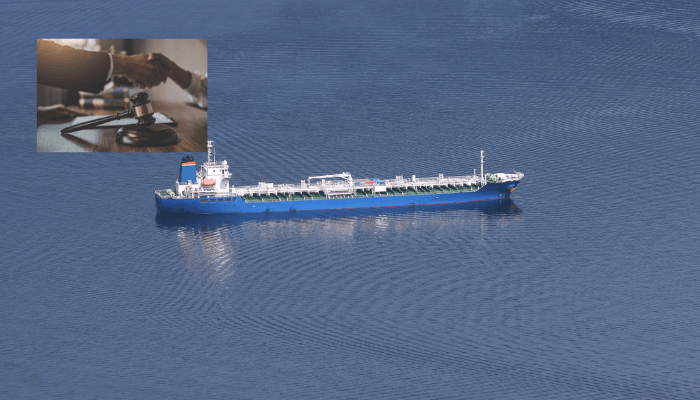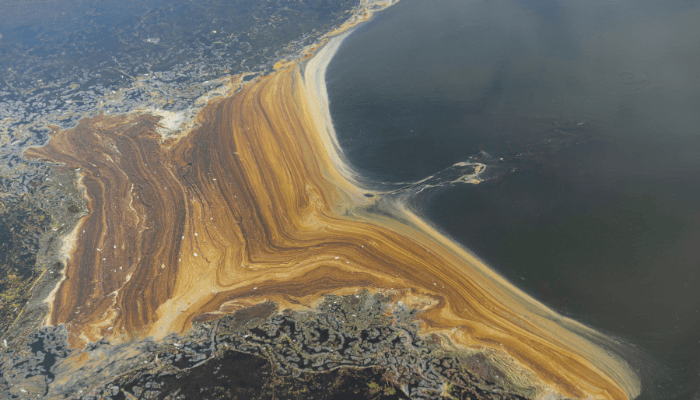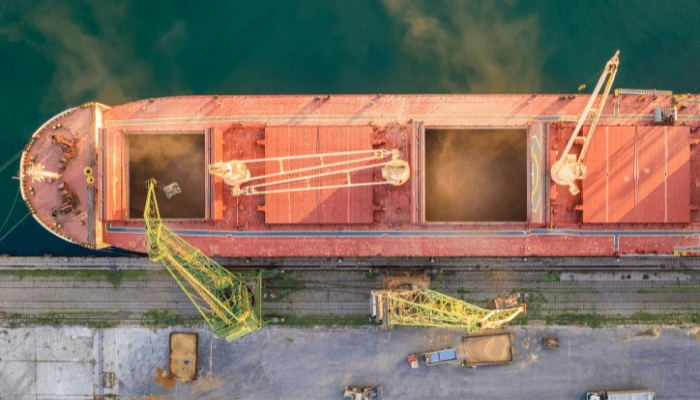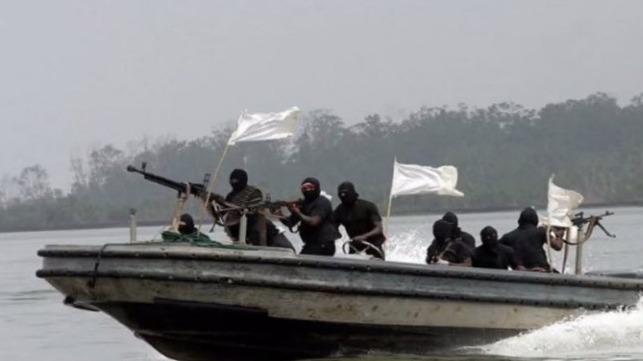Analyst Ben Nolan, from brokers Stifel, presented the big picture, in a report titled, “Economic Uncertainty Means Picking Up Spots in Shipping, but There are Still Spots to Pick.”
Broadly, as explained by Stifel and other analysts who follow shipping “names”, container shares have eased on fears of recession and the retreat of “supply chain disruption” from the front pages.
Dry bulk small sizes have continued to benefit from moves of diverse minor bulks, with a hoped for recovery in China looming on the horizon. Small and mid-sized tankers have benefited from longer voyages as the Ukraine war jolted flows of refined products, while the larger sizes are potentially also seeing shifts and the increased ton-miles from longer voyages.
Size matters
Size of companies clearly matters, in attracting followings of institutional investors, where companies with market values of $2bn upwards moving into the “Mid-cap” category.
In the dry bulk realm, Star Bulk Carriers (Nasdaq: SBLK) has been one of the top picks of analysts including Ben Nolan, but also Amit Mehrotra, who follows transport stocks at Deutsche Bank. SBLK has a “market cap” of roughly $2.5bn at recent prices, down from $3.3bn in mid-June, prior to early July’s “Bloody Friday” for shipping shares), and attracts both individual and institutions with its, recently, out-sized dividends.
In recent coverage, Mehrotra has emphasized that SBLK will benefit from the “scrubber spread”; at high fuel prices, the ability of its vessels to burn lower cost fuels will enable charterers to pay more for Star Bulk’s vessels. The increased cash flow, in turn, could fuel continued hefty dividend payments to shareholders – a major attraction to holders.
Tanker consolidation
On the tanker side, the upcoming combination of Frontline (NYSE: FRO) with Euronav (NYSE: EURN) will create a true “Mid-cap” company, with a company announcement of the merger pointing to: “an anticipated market capitalisation of more than $4bn” for the merged entity. Analyst Jon Chappell, from Evercore, is a big proponent of tanker shares. He wrote in a late June report, “while some were attracted to big dividends as that cycle stabilizes at better-than-average levels, the rise of the tanker phoenix has provided opportunities for much stronger relative returns.”
Omar Nokta, a pre-eminent shipping equity analyst, who recently joined Jefferies, issued his first report. He tells investing clients: ” We are launching coverage of the maritime shipping industry and initiating on 24 US-listed companies. We view those with modern fleets as well-positioned to capture higher, out-sized earnings going forward, and they are also one-step ahead as the industry prepares for stricter regulations.” Among his top picks are SBLK, and also drybulk peers Eagle Bulk (Nasdaq: EGLE) and Genco Shipping (NYSE: GNK).
Smaller cap stocks
Still, there is a place for smaller capitalisation shipping stocks- followed by individual investors often focused on “momentum” – trading on rapid price moves. Indeed following a recent emerging trend, listed company drybulk owner Seanergy Maritime (Nasdaq: SHIP) spun off the ownership company for one of its Capesizes into a newly listed vehicle called United Maritime Corporation (Nasdaq: USEA). In recent months, Stealth Gas (Nasdaq: GASS) and Diana Shipping ( NYSE: DSX) have spun off vessels to form new entities Imperial Petroleum (Nasdaq: IMPP) and OceanPal (Nasdaq: OP), respectively.
Following the spin-off of USEA shares to holders of SHIP and commencement of trading in early July, USEA then announced plans to raise up to $40m, or as little as $10m, in a follow-on deal in mid-July. The 20 July prospectus shows that each unit (priced at $3.25) includes one share and one warrant, good for five years, to buy additional shares. Proceeds could be used to purchase additional vessels.
Source:https://www.seatrade-maritime.com/finance-insurance/analysts-top-picks-us-listed-shipping-stocks











